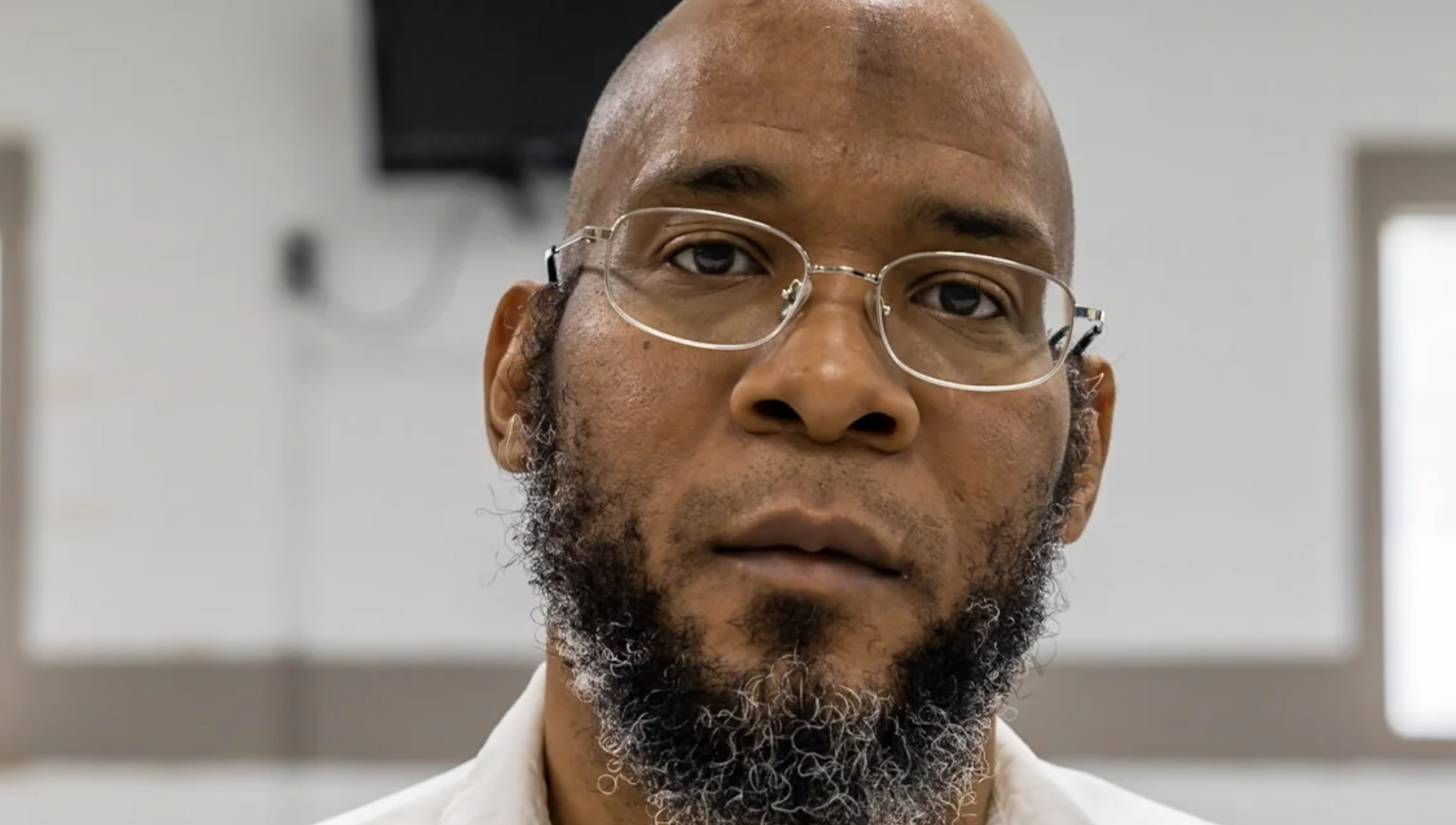Marcellus Williams Finally Executed By Lethal Injection: Why Did Victim's Family Want Life Imprisonment, Not Death Penalty?

Yesterday at 07:55 PM
On Tuesday evening, Marcellus Williams, convicted of murder, was executed by lethal injection at the state prison in Bonne Terre, Missouri. His death came after the U.S. Supreme Court rejected his final appeal despite ongoing controversy and appeals for clemency. The execution, which took place amid calls for reconsideration, raised questions about the fairness of the justice system, mainly when new evidence had emerged. Even the victim's family had asked for Williams to be spared from the death penalty.
The Crime: Felicia Gayle's Murder and Williams' Conviction
Williams was convicted in 2001 for the 1998 murder of Felicia Gayle, a former journalist for the St. Louis Post-Dispatch, who was found stabbed 43 times in her home. According to court records, Williams was linked to the crime through witness testimony and physical evidence, including Gayle's stolen items, which were found in his possession. These details were central to the prosecution's case, leading to Williams being sentenced to death by a jury. However, over the years, emerging evidence and new DNA findings have cast doubt on the integrity of the original conviction.
New DNA Evidence: Contamination and Questions of Guilt
One of the main arguments raised by Williams' defence centred on new DNA tests conducted on the murder weapon. According to Williams' legal team, the DNA on the knife did not match Williams but instead belonged to law enforcement officials who had handled the weapon without gloves. This contamination of critical evidence led to serious doubts about whether Williams was Gayle's killer. St. Louis County Prosecuting Attorney Wesley Bell, who had joined Williams' defence in seeking clemency, argued that this mishandling of evidence warranted a new hearing to review the case thoroughly.
Judicial Rejections and the Supreme Court's Decision
Despite introducing new evidence, Missouri's Supreme Court and Governor Michael Parson refused to grant clemency. According to legal filings, Williams' defence team also raised concerns over racial bias during jury selection. They cited newly discovered testimony from the trial prosecutor, who admitted to dismissing a Black juror for discriminatory reasons. However, the state's Attorney General's office rejected this claim, maintaining that excluding the juror was not racially motivated.
When the U.S. Supreme Court was asked to stay the execution, the appeal was ultimately denied. Justices Sonia Sotomayor, Elena Kagan, and Ketanji Brown Jackson dissented, but the execution proceeded without delay, according to court reports.
A Family's Plea for Clemency: Why the Victim's Family Opposed the Death Penalty
One of the most striking aspects of this case was the stance taken by the victim's family. According to multiple reports, Gayle's family supported life imprisonment instead of execution for Williams, citing concerns about the integrity of the evidence. They believed justice would be better served by sparing Williams from the death penalty. Despite the family's appeal and the backing of the local prosecutor, the state pushed ahead with the execution.
